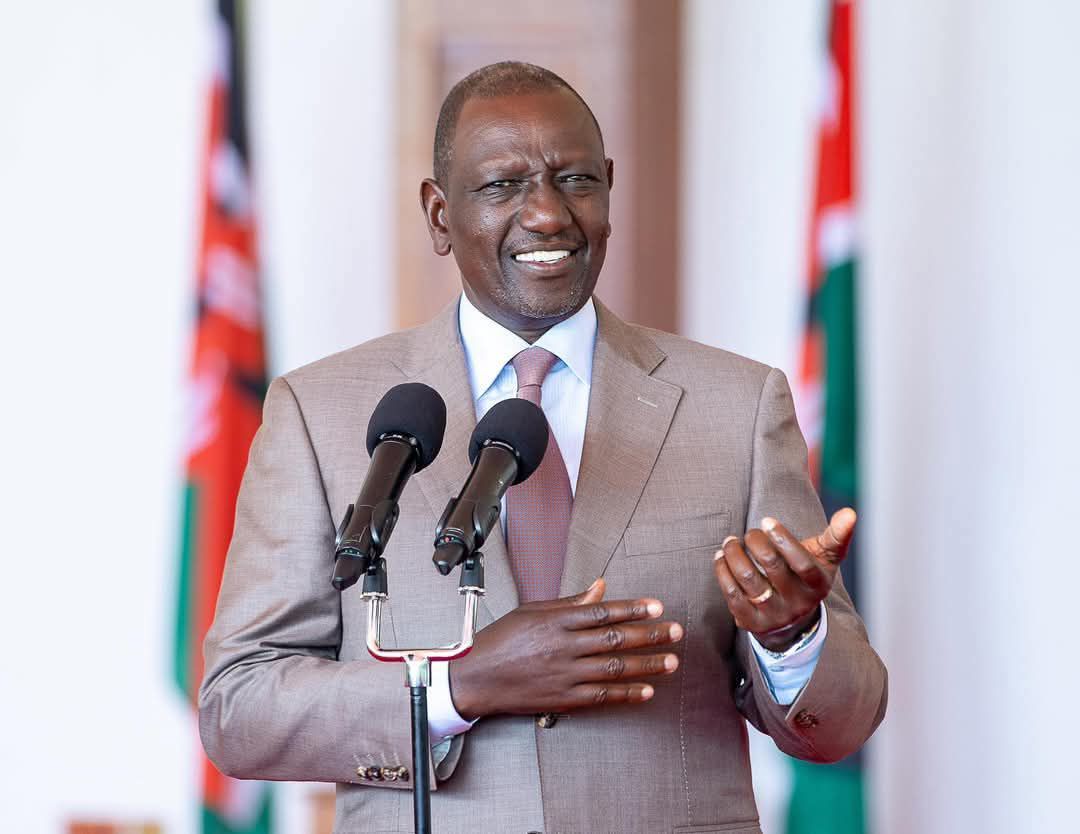In the latest restrictive directive from the Taliban government, Khalid Hanafi, Afghanistan’s Minister for the Promotion of Virtue and Prevention of Vice, has announced a new mandate forbidding adult women from allowing their voices to be heard by other women.
The order, delivered in an audio statement, prohibits women from performing Takbir (an Islamic prayer) or reciting the Quran aloud when in the presence of other women, intensifying the already stringent controls on women’s lives in Afghanistan.
The directive has ignited a wave of backlash among Afghan women, who view it as an escalation of oppressive policies under the Taliban’s rule.
Afghan women’s rights advocates have been vocal in condemning these measures, calling on the international community to support women’s basic rights and freedoms in Afghanistan.
“How are women who are the sole providers for their families supposed to buy bread, seek medical care, or simply exist if even their voices are forbidden?” questioned a prominent women’s rights activist.
“These orders immobilize women and have made life exhausting for all of us.”
Since the Taliban’s return to power, women’s freedoms have been continuously curtailed through a range of policies restricting movement, dress, employment, and now, their voices.
According to Samira, a midwife in Herat, the new rules have added barriers to healthcare provision.
“I have been working in clinics in remote areas for eight years, but in these last two months, the Taliban’s oversight has intensified,” she reported.
Taliban officials, she said, have forbidden female healthcare workers from interacting with the male companions of female patients and have barred women from speaking to male relatives regarding medical matters.
“They don’t even allow us to speak at checkpoints when we go to work,” she added, highlighting the mounting challenges for Afghan women under Taliban rule.
The new restrictions demand that women cover all parts of their bodies, including their faces, and prohibit them from reciting Islamic prayers or verses out loud, even within their homes.
Hanafi defended the policy, stating, “If a woman is not permitted to perform Takbir, then how could she be allowed to sing?”
The Ministry for the Promotion of Virtue and Prevention of Vice considered the driving force behind the Taliban’s restrictive policies, has attracted international scrutiny.
The United Nations, along with numerous human rights organizations, has condemned these systematic restrictions, expressing deep concern for Afghan women’s severely diminished rights and freedoms.
The Taliban’s latest measures add to the growing global criticism of its treatment of women, underscoring the challenges facing Afghan women as they strive to maintain their rights and dignity amid an increasingly oppressive environment.
ALSO READ: Israel’s ban on UNRWA: Impact on Palestinian refugees












